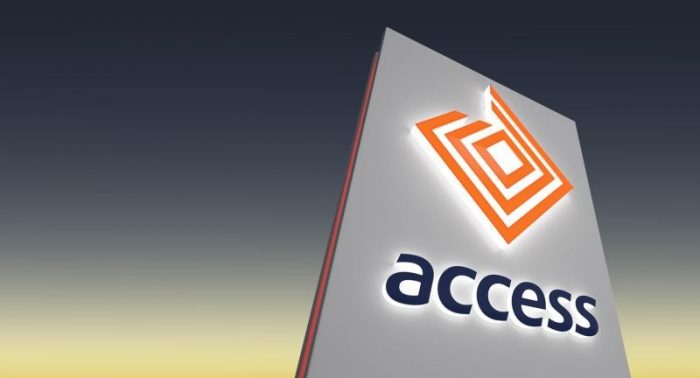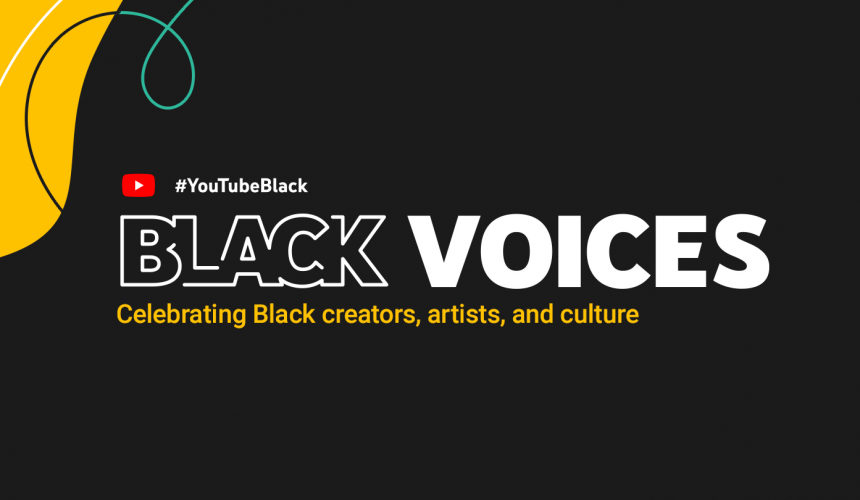Nigeria’s leading banks are adopting digital advancements. However, one institution is notably outpacing the others. Access Holdings Plc established itself as the foremost Tier-1 bank in the nation for electronic business income in H1 2025. It achieved ₦101.65 billion from digital channels, card products, and associated services.
The combined e-business income of the five Tier-1 lenders was approximately ₦297.53 billion in H1 2025. This compares to the H1 2024 report. The five lenders are Access Holdings, United Bank for Africa (UBA), Zenith Bank Plc, Guaranty Trust Holding Company Plc (GTCO), and FBN Holdings.
Despite a decline in the overall figures, Access Holdings exhibited a 37.7% increase. This rose from ₦73.81 billion during the corresponding period in 2024.
For banks, “e-business income” includes digital platforms. These include mobile applications, USSD, internet banking, ATMs, agency banking, and POS transactions. This reflects a significant shift in consumer behaviour across these channels.
A Tale of Divergence
The other major Tier-1 banks reported declines in electronic channel income. This happened despite the general increase in digitisation:
- UBA recorded approximately ₦100.50 billion, a 5.3% decrease from ₦106.15 billion.
- Zenith Bank experienced an 11.7% decline, falling from ₦41.23 billion to ₦36.40 billion.
- GTCO experienced a 12% decrease in revenue, falling from ₦32.50 billion to ₦28.61 billion.
- FBN Holdings experienced the most precipitous decline. It fell by 45.9%, from ₦43.83 billion to ₦23.69 billion.
Digital Payments Growth: Macro Context
The wider financial ecosystem highlights the significance of this issue. Data from the Nigeria Inter-Bank Settlement System (NIBSS) showed electronic payment transactions totaled ₦284.9 trillion in Q1 2025. This reflects a 22% year-on-year growth from ₦234.4 trillion in Q1 2024.
These transactions encompassed internet banking, mobile applications USSD, POS, ATMs, and various other electronic channels. The size of that expansion indicates Nigeria’s fast transition to a cashless economy.
Banks must translate sheer transaction volumes into significant revenue. Those that do not optimize risk falling behind despite the tailwinds. The gap indicates divergence. Digital banking is expanding overall, but competitive execution, platform functionality, channel experience, and fintech disruption produce both successful and underperforming entities simultaneously.
Pulling Ahead: Why Access Holdings Stands Out
Access Holdings seems to have utilized its digital ecosystem proficiency. The H1 2025 interim financials indicate a substantial increase in “channels and other e-business income.” Additionally, its subsidiary Hydrogen Payments processed over ₦41.1 trillion in transactions. This reflects a 211% year-on-year growth.
Its IT expenditure continues strong. For the half-year, it announced infrastructure investments associated with digital channels and ecosystem development. This positions it as a leader in digital investment among competitors. Concurrently, banks experiencing declines may face fundamental challenges. These include platform maturity, deficiencies in customer experience, or the shift of transactions to non-bank technology alternatives.
Conclusion
The performance of Nigeria’s Tier-1 banks in H1 2025 reflects strategic divergence rather than uniform growth. Access Holdings’ significant advantage in e-business income underscores the benefits of digital ecosystem investment. The declines observed at other banks emphasize the dangers of prioritizing digital comfort over digital leadership.
As Nigeria’s economy increasingly digitizes, banks that take proactive and decisive measures will not only process a higher volume of transactions but will also create greater value.
ALSO WATCH MARKETING EDGE ONTV






Comment
No comments found.